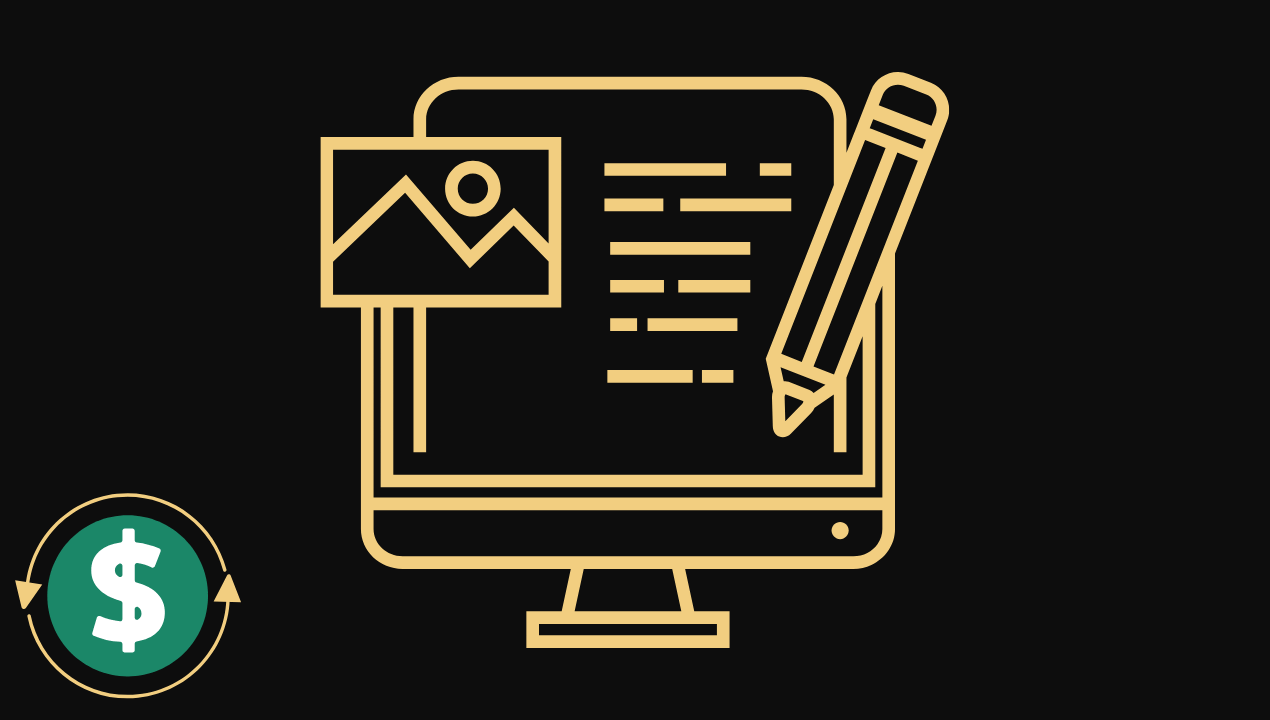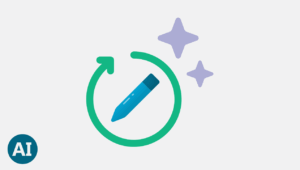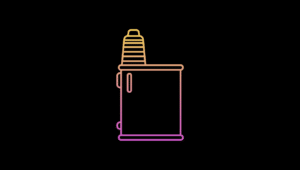Running a tech blog in 2025 offers more opportunities to earn than ever before — from display ads to affiliate offers, digital products, and beyond. The key is choosing a method that fits your audience, traffic volume, and content strategy. While each approach has pros and cons, some networks like CIPIAI even focus solely on tech offers like VPNs and utility tools, making them ideal for tech bloggers looking to monetize relevant traffic quickly and efficiently. In this article we’ll explore the top 5 monetization methods for tech bloggers to make profits from content creation.
In this guide, we’ll compare five of the most popular monetization strategies for tech bloggers and help you decide which one(s) work best for your site.
Display Ads (Google AdSense & Alternatives)
How it works: You earn revenue based on the number of impressions or clicks from banner ads on your blog.
Pros:
- Easiest to set up — plug and play
- Passive income
- Works with almost any kind of traffic
Cons:
- Low earnings unless your site has high traffic
- Can hurt user experience with cluttered design
- Ad blockers may reduce visibility
💡 Best for: blogs with general traffic and 50K+ monthly visitors.
Paid Subscriptions or Memberships: Tech Bloggers Monetization Methods
How it works: You charge users for access to premium content, private communities, or early releases.
Pros:
- Builds strong community and loyalty
- Recurring monthly revenue
- Full control over your content
Cons:
- Hard to convert cold traffic
- Requires consistent high-value content
- High churn rate without proper engagement
💡 Best for: bloggers with niche authority and a loyal audience.
Selling Courses or Ebooks
How it works: You create and sell your own digital products, like online courses, tutorials, or downloadable guides for tech bloggers monetization methods.
Pros:
- High profit margins
- Builds personal brand
- One-time effort, long-term sales
Cons:
- Time-consuming to create
- Needs a sales funnel and promotion
- Risk of low conversion if targeting is off
💡 Best for: experts with unique knowledge or skills to share.
Affiliate Marketing (RevShare Model): Tech Bloggers Monetization Methods
How it works: You promote products or services via affiliate links and earn a commission when someone makes a purchase.
Pros:
- No product creation
- Scales well with content
- Works well for product reviews and tutorials
Cons:
- Delayed or variable payouts (especially RevShare)
- Requires user trust to convert
- Some programs have minimum payout thresholds
💡 Best for: SEO-driven blogs with trust and topical relevance.
CPA Offers
How it works: You get paid when a user completes a specific action — like downloading an app, signing up for a free trial, or installing a browser extension tech bloggers monetization methods.
Unlike RevShare, you don’t wait for a purchase. The action itself is enough to trigger a payout, which can range from $2 to $50+ depending on the offer.
Why it works for tech blogs:
- Tech content = high-intent traffic (e.g. VPN, browsers, tools)
- Users are already used to trying software
- You can promote offers naturally inside content (e.g. “Top 5 Secure Browsers”)
Platforms like CIPIAI specialize in direct tech offers — no aggregators, no fluff — just high-converting utility products that match your audience’s needs.
Pros:
- Fast approval & no product creation
- Higher earnings per action vs. ads
- Weekly payouts, no hold period (on CIPIAI)
Cons:
- Requires basic optimization (headlines, placements)
- Best results come with targeted traffic
💡 Best for: bloggers with niche tech content, tutorials, or tools-focused traffic.
Final Thoughts: Combine, Test, Optimize
There’s no one-size-fits-all solution. The best tech bloggers combine several strategies: running display ads, offering an ebook, and linking CPA offers in high-traffic posts.
Start with one method, track your results, and experiment.
And if you’re serious about earning from your tech content — consider trying CPA offers from networks like CIPIAI. They’re made for creators like you — and your traffic deserves better than low-paying banners.








